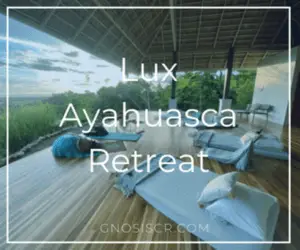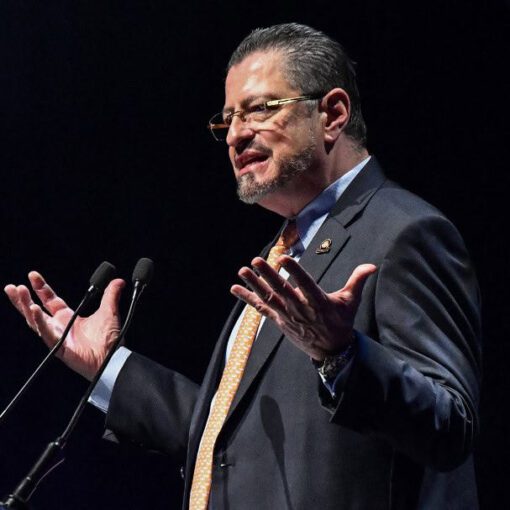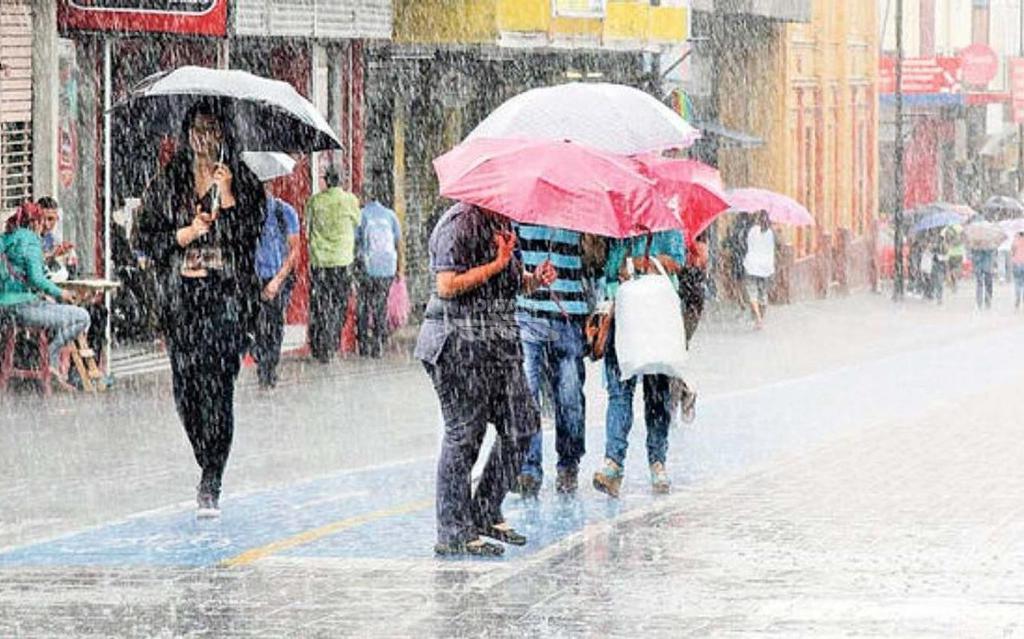Journalist, photographer and anthropologist, Carlos Suárez has been living in Leticia, capital of the Colombian Amazon, for seven years. Leticia is an epicenter of ayahuasque tourism located a few hours by boat from Iquitos. From his perspective, ayahuasca tourists have redirected their faith from the spirits to the molecules of ayahuasca.
In his presentation “Reciprocity and impact of ayahuasca tourism”, at the last World Ayahuasca Conference, Suárez dismantled the edifice of Amazonian “traditional medicine”: “There is a true obsession with “the traditional” in the world of ayahuasca, and not only among neophytes, but also among people who dedicate themselves to this, such as the centers that offer ayahuasca in Iquitos. I think that this fixation on the traditional has to do with the fact that “the traditional” is associated with “the legitimate.” However, the word “tradition” is a trap. The ayahuasquerocuranderismo that is practiced in the Ucayali, in the Marañón, in Iquitos and in the Upper Amazonas is a heterodox system, very creative and in perpetual evolution.
Precisely, it is because of this heterodoxy that the author of Ayahuasca, Iquitos and Voracious Monster prefers to speak of “local treatments” instead of “traditional treatments”, the latter being those offered by retreat centers aimed at foreigners. The difference between one and the other is substantial, according to Suárez: «In the local system, ayahuasca is the healer’s tool to connect with the world of spirits, receive information and receive songs to promote healing. That is, in these ceremonies patients rarely take ayahuasca, especially if they are sick.
Faith in molecules
In the “traditional” model, understood as the “new model” that prevails in ayahuasca centers, “the patient taking ayahuasca is fundamental and essential,” according to Suárez: “No one travels to Iquitos and pays a thousand dollars for a week.” to sit and be sung to. Faith is brought back from the world of spirits to the molecules of ayahuasca, a faith such that, by the way, it leads to drinking six times in ten days, an unusual frequency in the local context.
The approach to ayahuasca by locals and foreigners is very different, Suárez explained. The first take the plant “to empty the stomach or cleanse bad energy… it is no coincidence that ayahuasca is known as “the purge”.” In the case of visitors, the intention is very different: “Visitors, especially first-timers, arrive with an obsession with vision.”
But the vision does not always come. According to Suárez, “many of the visitors who come to the Iquitos shelters expect to have visions of colors like those of Pablo Amaringo and, instead, they spend a dark and nauseating night.”
This dissonance between expectations and results has its roots in the obsession with DMT, according to the speaker: «If you search the scientific literature you will see that the MAOIs in ayahuasca only serve to activate the DMT in chacruna. This contradicts local practice, where ayahuasca [the vine] is the key. Not in vain, in Colombia and Peru, yagé and ayahuasca are used interchangeably to name the vine and the remedy, with or without chacruna.
Environmental sustainability
Carlos Suárez dedicated the last minutes of his intervention to refuting the data previously presented by Chris Kilham about the sustainability of ayahuasca, which does not reflect any current concern, according to his field work.
“I have been researching the environmental impact of ayahuasca tourism in Iquitos since 2013,” he says, “and my conclusion is that ayahuasca has been eradicated from large areas of the Amazon rainforest around Iquitos. The price of liana has multiplied by four or five in this period and there has been an obvious decrease in the quality of the raw material. It’s not that I say it, it’s that they say it.
Source link
TCRN STAFF




